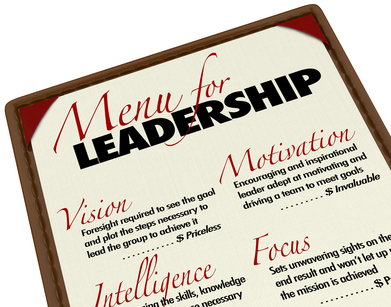to learn and not to do is really not to learn. To know and not to do is really not to know. ~ Stephen R. Covey
The 7 Habits of Highly Effective People is recognised as one of the most influential books ever written. This book has sold more than 25 million copies in 38 languages world wide. It must have more influence on me than I realised because I have a print and an audio copy.
So whats so special about the 7 habits?
Your habits will determine your future
You can live your life by design or default. To design the future you want, you need to be aware of the habits that take you towards and the habits that pull you away from your desired future.
Successful people have successful habits and unsuccessful people don’t ~Jack Canfield
In the 7 Habits of Highly Effective People, Steven Covey starts by introducing the concept of a paradigm. Using the analogy of a map, having a wrong paradigm is like trying to find you way around the city of London with a map of Manchester labelled London. You will experience a great deal of frustration and hardship because you have an incorrectly labelled map. We see things based not on reality but on our own version of reality.
The significant problems we face cannot be solved at the same level of thinking we were at when we created them.~ Albert Einstein
Steven Covey proposes a new and deeper level of thinking that will lead to the creation of 7 habits that can and will change your life. My top three are:
- Be Proactive – Principle of Personal Vision. – Take responsibility for your future. You have the ability to change many things about your life and future by proactively making newer and better choices that will lead you down your desired path. Proactive people according to Covey have the freedom to choose their response to external stimulus. There are lots of illustrations in the book about how you can take control of your life and influence the outcome.
- Synergize – Principle of Creative Cooperation. – Simply put, one plus one is greater than two (1+1>2). Synergy is more than working together. It is thinking TEAM (Together Each Achieves More). When we work together as a team, we must value our differences and combine our strengths to achieve much more than each individual can. This is about collaboration with an abundance mindset.
- Sharpen the Saw – Principle of Balanced Self-Renewal. Steven Covey identifies four dimensions of renewal
- The body needs physical renewal though exercise, healthy eating and stress management
- The mind needs a mental renewal via reading, writing, visualising and planning
- The spiritual dimension is renewed by our continuous value clarification and commitment to study and meditation
- Our relationships will benefit from a social and emotional balance through our own internal security, service to others and empathy.
This book is a classic that is worth reading or re-reading to reinforce your good habit of sharpening the saw and perhaps pick up one or two new habits.
The world we live in today may have changed from the time Covey wrote this book, but the principles contained in the seven habits are timeless in its application and they will certainly change your life if you make them habits.
Why not leave a comment if you have read this book or read the book and then leave a comment.





